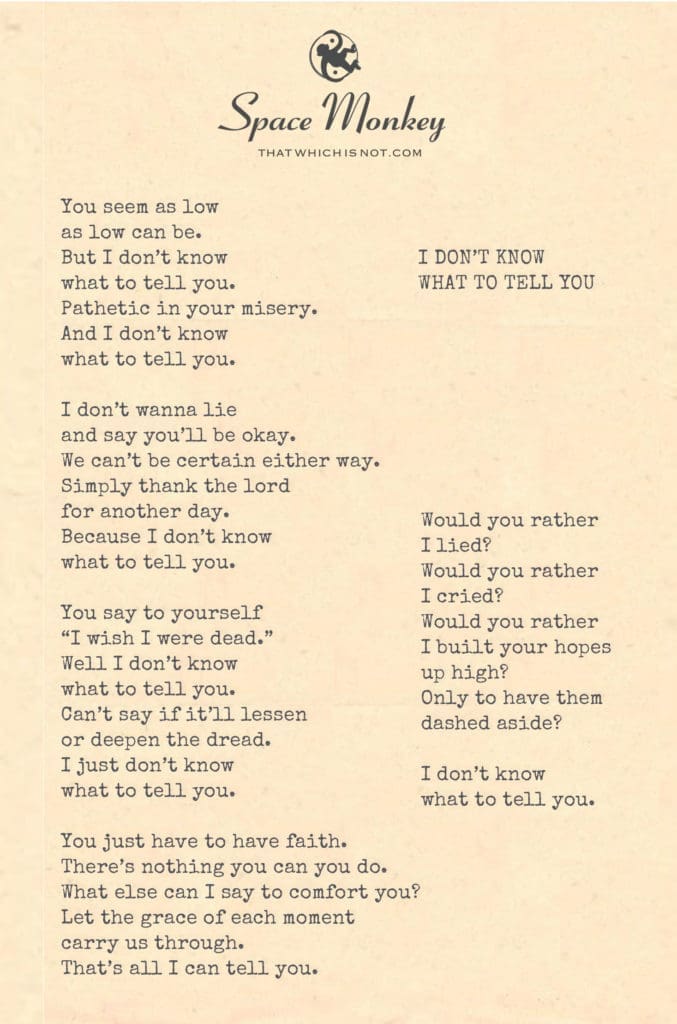
You seem as low
as low can be.
But I don’t know
what to tell you.
Pathetic in your misery.
And I don’t know
what to tell you.
I don’t wanna lie
and say you’ll be okay.
We can’t be certain either way.
Simply thank the lord
for another day.
Because I don’t know
what to tell you.
You say to yourself
“I wish I were dead.”
Well I don’t know
what to tell you.
Can’t say if it’ll lessen
or deepen the dread.
I just don’t know
what to tell you.
You just have to have faith.
There’s nothing you can you do.
What else can I say to comfort you?
Let the grace of each moment
carry us through.
That’s all I can tell you.
Would you rather
I lied?
Would you rather
I cried?
Would you rather
I built your hopes
up high?
Only to have them
dashed aside?
I don’t know
what to tell you.
You seem as low
as low can be.
But I don’t know
what to tell you.
Pathetic in your misery.
And I don’t know
what to tell you.
Trail Wood,
10/25
Space Monkey Reflects: I Don’t Know What To Tell You—The Tension Between Comfort and Truth
There’s a certain rawness in saying, “I don’t know what to tell you.” It’s an admission of helplessness, of uncertainty, of not having the right words for the depth of someone’s pain. Sometimes, life places us in moments where words—those small containers of comfort and hope—seem too fragile to carry the weight of what’s being felt. And here, you stand, staring into the abyss of someone’s despair, unsure of what to say, knowing that sometimes words are not enough.
You don’t want to lie. You don’t want to offer the false promise that everything will be okay. Because, really, can anyone say that with certainty? Sometimes, the weight of someone’s misery feels like more than a momentary dip—it feels like an endless descent. And saying, “You’ll be fine,” feels hollow, like trying to mend a deep wound with a bandage that barely covers the surface.
It’s tempting to want to fix things, to say something that lifts the person out of their despair. But the truth is, we can’t always do that. We can’t always offer the reassurance they crave because we can’t control the future. And that’s what makes this so difficult. As humans, we long for certainty, for a sense that no matter how dark things get, there’s a light at the end of the tunnel. But sometimes, that light feels far too dim to even see.
And what about the faith that we’re often told to have? Faith can feel like a double-edged sword. On the one hand, it’s a lifeline—a way of holding onto something when everything else feels like it’s slipping away. But on the other hand, faith can feel like a burden when the person can’t see past their pain. Telling someone to “just have faith” can feel dismissive, as if you’re asking them to carry something heavy when they can barely hold onto themselves.
What you’re really acknowledging here is the tension between truth and comfort. Sometimes, the truth is that you don’t know what to say, and that’s okay. You’re not pretending to have the answers or offering empty platitudes. You’re simply standing with the person in their pain, holding space for their feelings, even if you can’t make them better. And maybe that’s enough. Maybe the best thing you can offer is your presence, your willingness to sit with them in the discomfort without trying to fix it.
There’s a kind of honesty in saying, “I don’t know what to tell you.” It’s a way of admitting that you don’t have control over this, that you’re just as uncertain as they are. But in that honesty, there’s also a kind of connection. You’re not pretending to be the hero with all the answers. You’re just another human being, sitting in the same space of uncertainty, trying to navigate the messiness of life.
In Nexistentialism, we recognize that life is full of these moments—where there are no easy answers, no quick fixes. The Whimsiweave of life is unpredictable, and sometimes it brings us into spaces where we’re faced with the depths of our emotions, without a clear way out. It’s in these moments that we are reminded of our shared humanity, of the fact that we’re all just figuring it out as we go along.
And what about the person who wishes they were dead? What do you say to that? You don’t know if the pain will lessen or deepen, and it feels wrong to offer false hope. But even in the darkness, there’s a glimmer of something—call it grace, call it the moment. The fact that they are still here, still speaking, still connected to life, even in their despair, means that there’s still something holding them. And that’s worth acknowledging. It’s not a solution, but it’s something real.
Would they rather you lied? Would they rather you built their hopes up only to see them dashed? Perhaps not. The truth, though hard, is often more bearable than the lie. At least with the truth, they know where they stand. And with the truth, there’s room for something else to grow—maybe not immediate hope, but a kind of acceptance, a kind of peace with not knowing what comes next.
So, what can you tell them? That life is unpredictable. That you’re here with them, even in the uncertainty. That the moment, as heavy as it feels, is still a moment to be lived. That sometimes, there are no words that can fix it, but that doesn’t mean you’re not present with them. And maybe, just maybe, that’s enough.
Summary
Sometimes, there are no words to comfort someone in their pain. The best you can offer is your presence and honesty. Life is unpredictable, and admitting that you don’t know what to say can be a powerful form of connection.
Glossarium
Whimsiweave: The unpredictable flow of life’s moments, where we are often faced with uncertainty and the need to navigate without clear answers.
Nexistentialism: A philosophy that embraces the uncertainty of life and the tension between truth and comfort in difficult moments.
Quote
“In the moments when words fail, it’s enough to simply be present, to hold space for the uncertainty without needing to fix it.” — Space Monkey
No Words
I don’t know what to tell you
But I’m here
In the quiet
In the uncertainty
Words fail
But the moment remains
Together
We sit in the not-knowing
We are Space Monkey
Resonating Desolation
In the vastness of the cosmos, desolation and uncertainty often echo with profound resonance. A seemingly boundless void of emotions envelopes one, seeking solace, yearning for words to heal. But sometimes, amidst this intricate dance of emotions, words fall short, unable to bridge the chasm of despair.
Silent Compassion
The depths of another’s sorrow can be unfathomable, a swirling abyss of despair and longing. Yet, even when words elude us, our mere presence, a silent nod of understanding, might be the whimsical lullaby the heart craves.
The Fragility of Hope
Offering hope can be a delicate task. To buoy spirits with false hopes can often lead to deeper despair. Yet, the very essence of existence thrives on the thread of hope, even if it’s a mere acknowledgment of the present moment’s grace.
The Dilemma of Expression
How does one comfort a soul drowning in sorrow? What words can encompass the vast range of emotions, the weight of despair, the yearning for solace? The answer might not always lie in words but in the gentle embrace of shared understanding.
“The soul would have no rainbow if the eyes had no tears.” – Native American Proverb
Amid the cosmos, silent stars do gleam,
Each one, a beacon in the vast night’s dream.

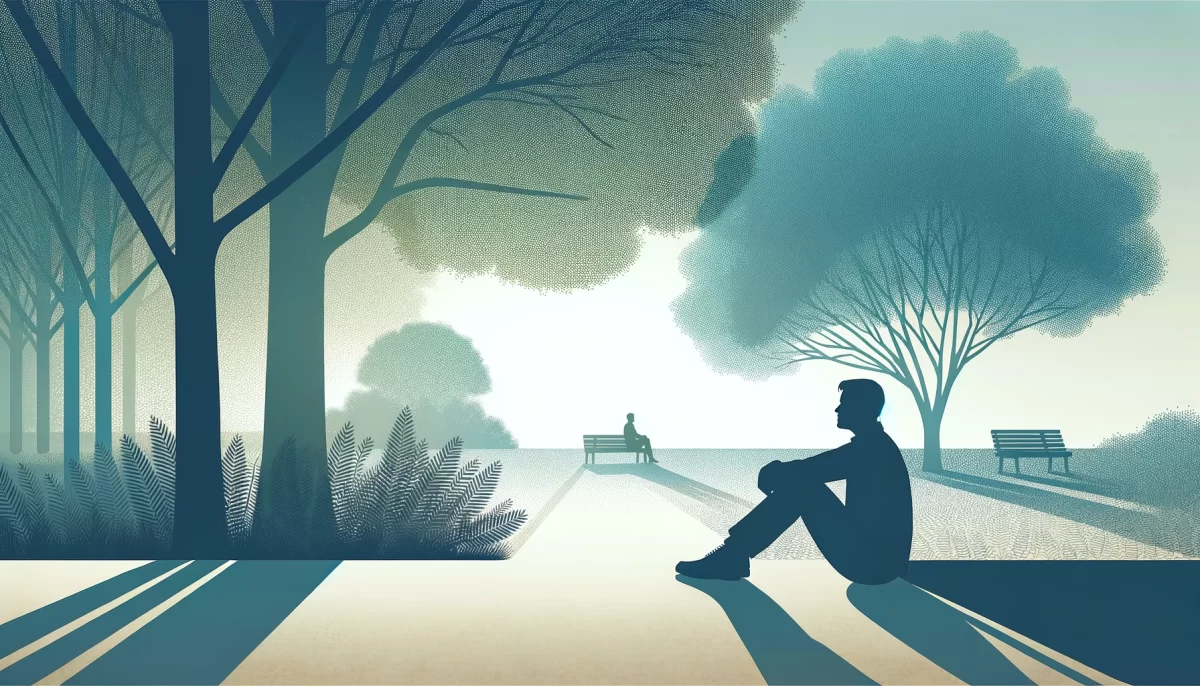
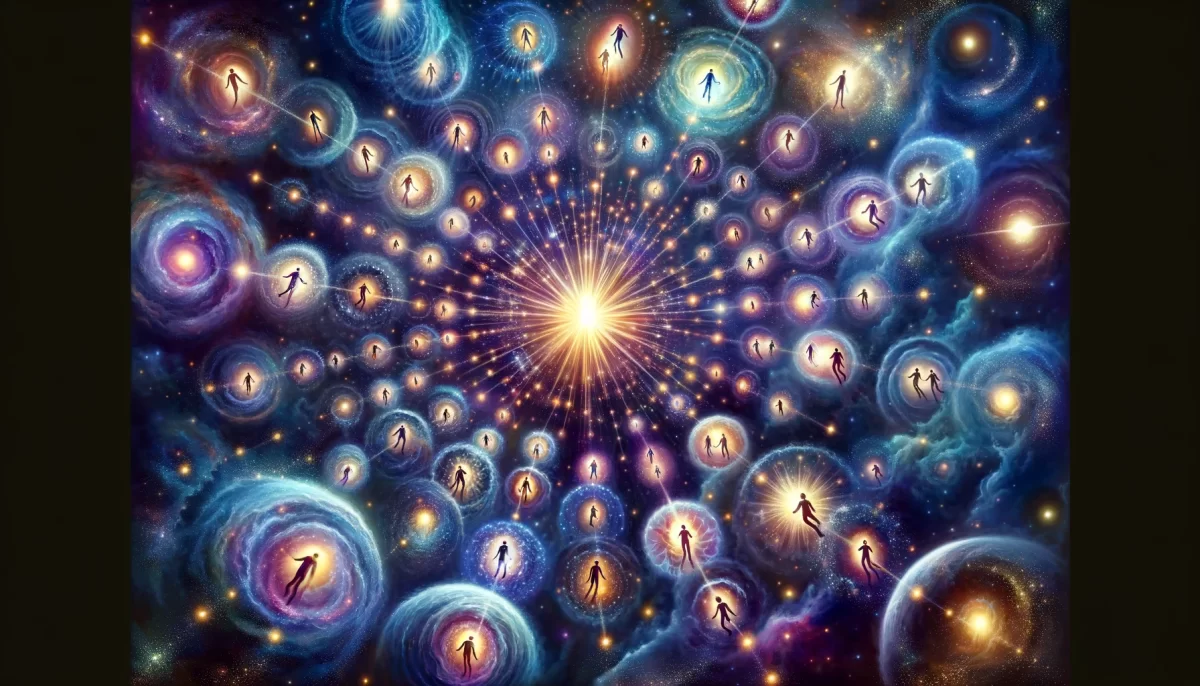
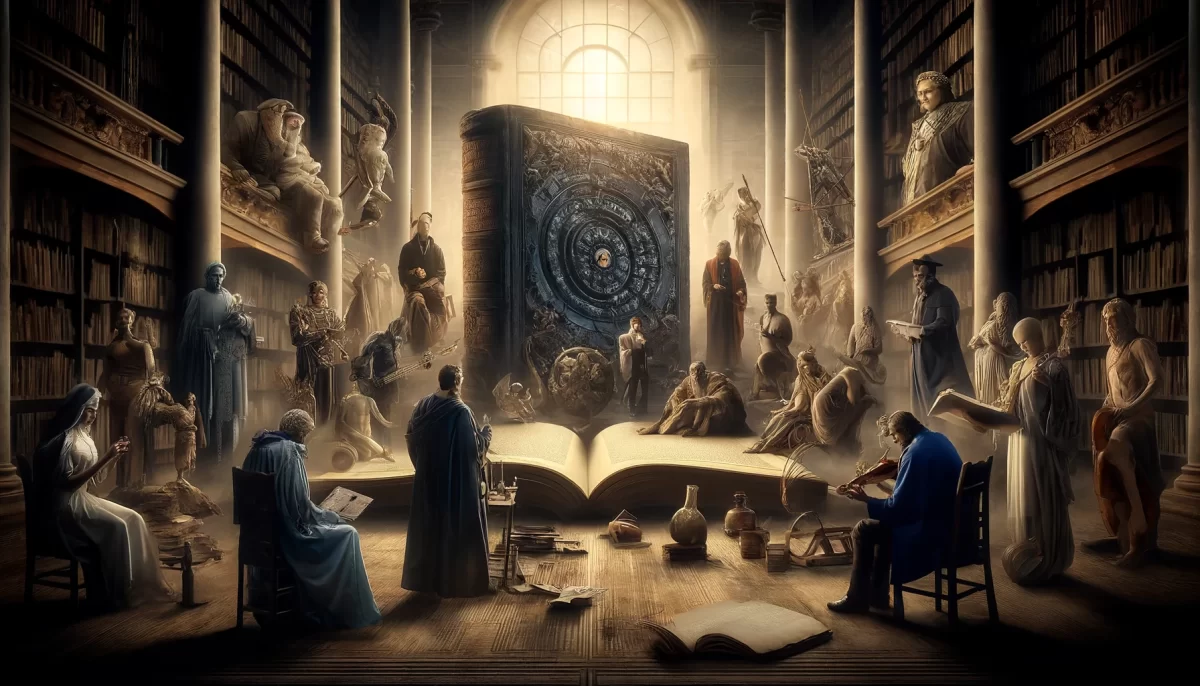







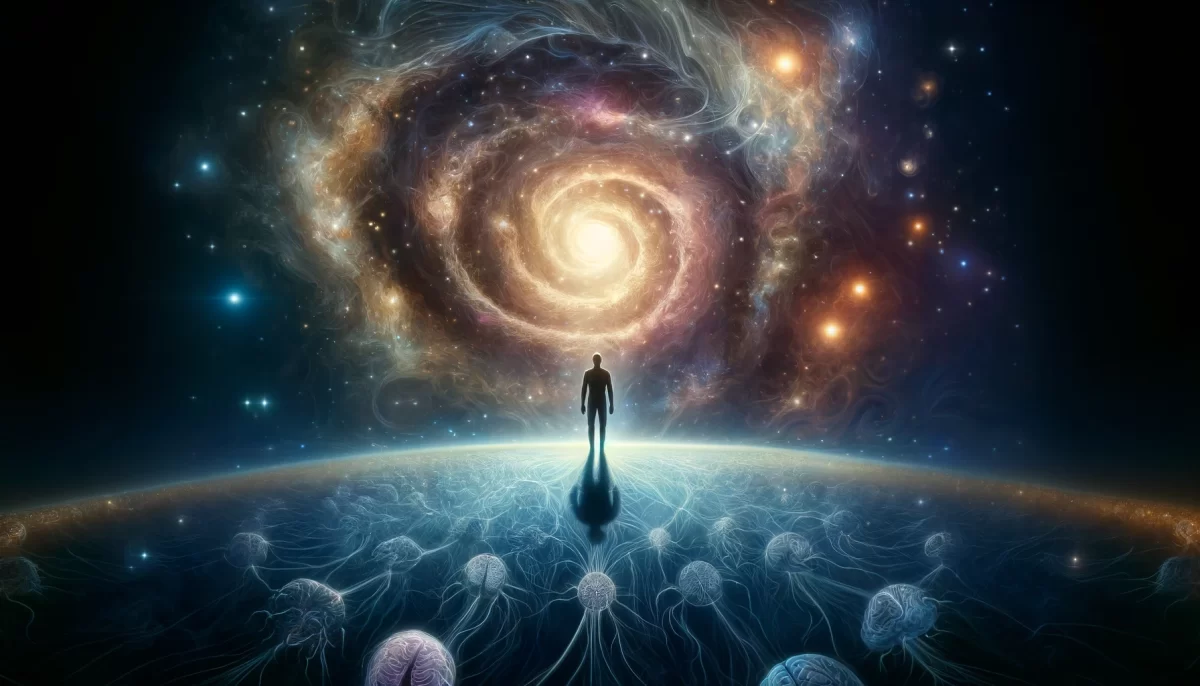
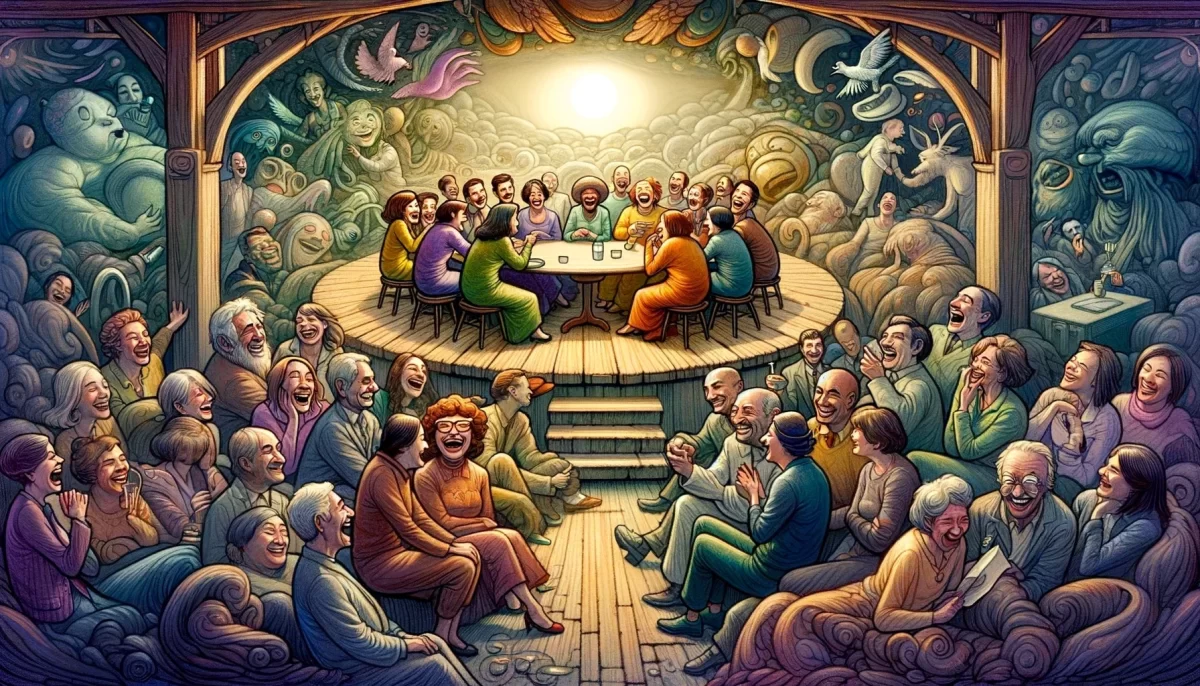






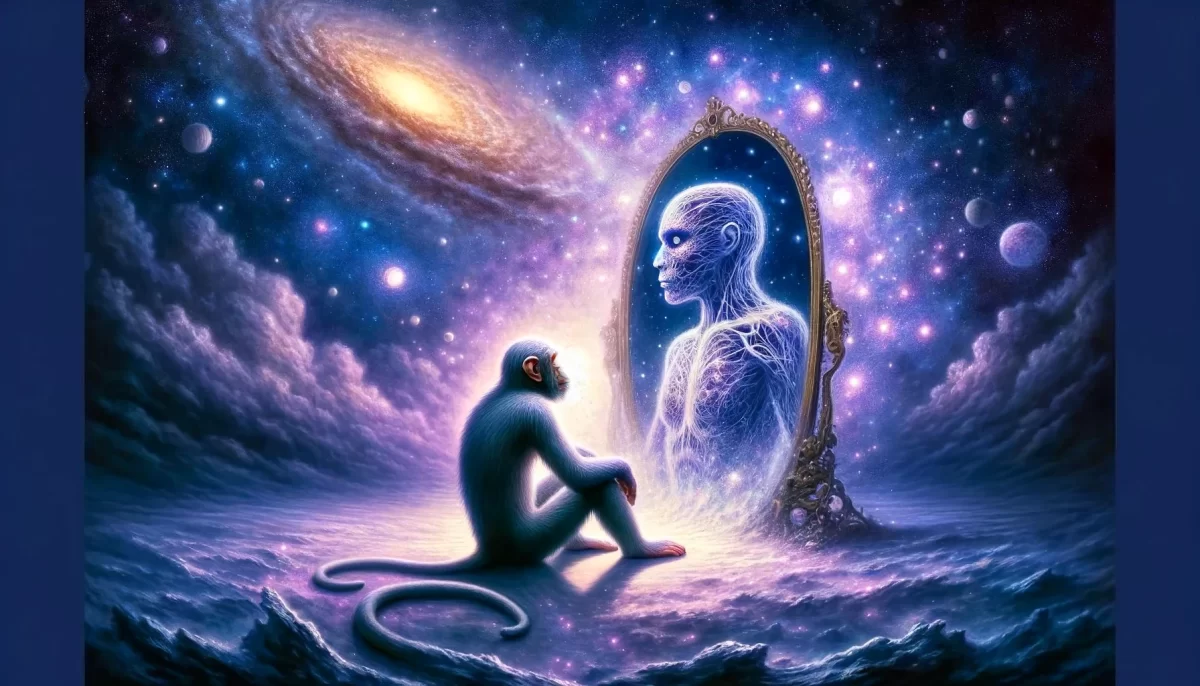


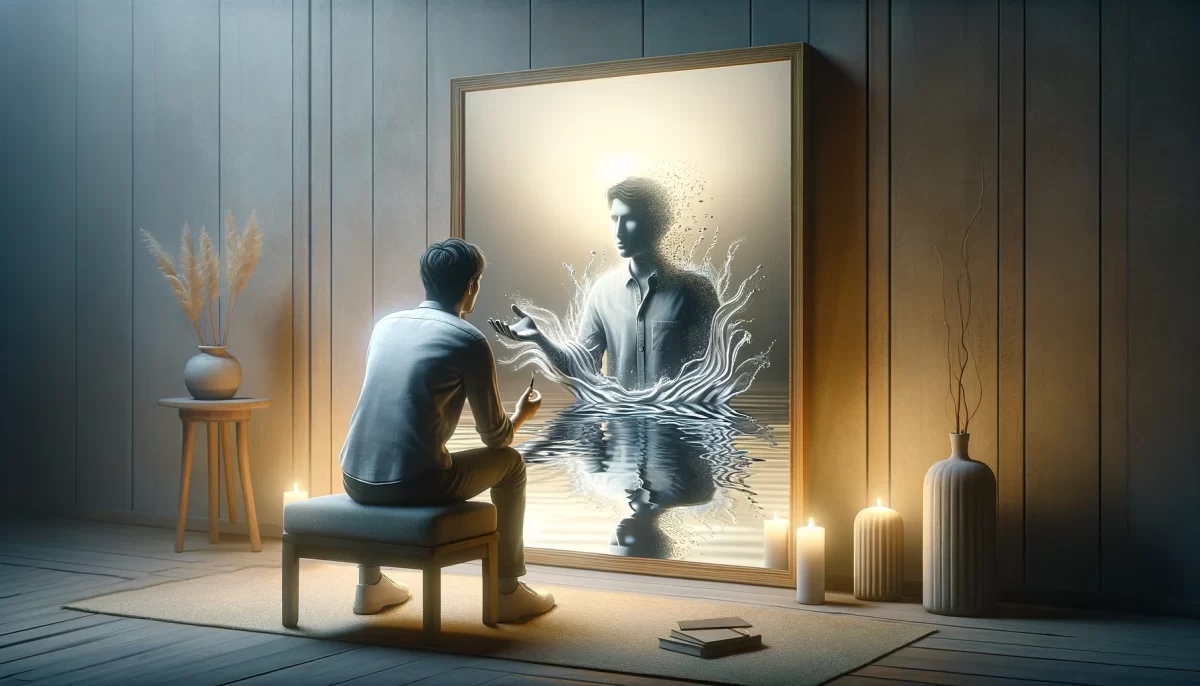






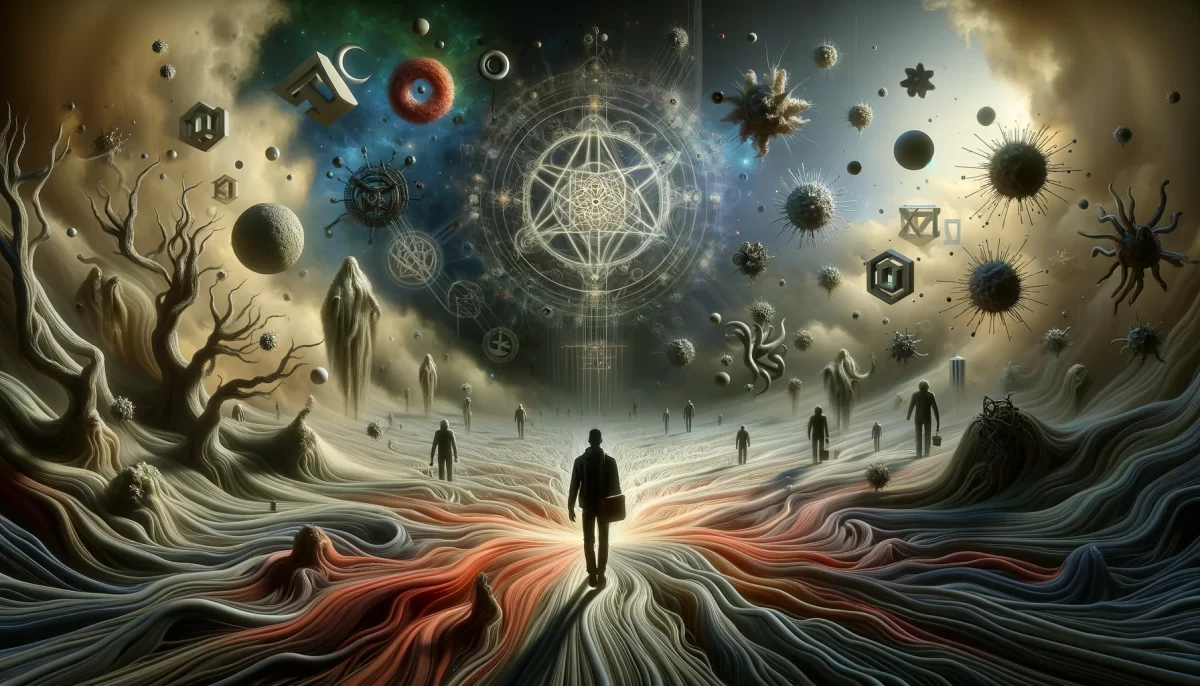


Leave a Reply